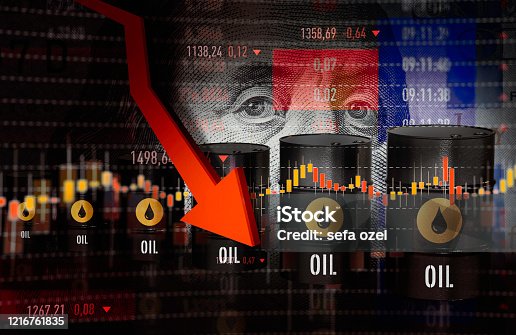The Ghana cedi delivered a mixed performance against major trading currencies last week, reflecting both resilience and fragility in different market segments.
On the retail front, the cedi appreciated modestly by 1.06% against the US dollar, trading between GH¢11.40 and GH¢11.90. This modest lift extended the currency’s year-to-date gain to 31.85%, a performance that keeps the cedi among the world’s best-performing currencies in 2024.
However, on the interbank market, the picture was less optimistic. The cedi slipped by 1.41%, closing at GH¢10.65 to a dollar, down from GH¢10.80. Analysts attribute this divergence to renewed corporate demand pressures and limited foreign exchange support, which continue to weigh heavily on interbank trading dynamics.
Beyond its performance against the dollar, the cedi experienced a mixed outing against other major currencies. It appreciated by 0.64% against the British pound, settling at GH¢15.65 per pound. Conversely, it slipped by 0.73% against the euro, trading at GH¢13.70. These fluctuations highlight the ongoing volatility of the forex environment, where shifts in global demand and regional trade flows exert constant pressure on Ghana’s local currency.
According to traders, while the cedi’s resilience against the pound underscores investor confidence in Ghana’s economy, its weakness against the euro is a reminder of the challenges ahead, especially as European markets remain sensitive to inflationary concerns and trade adjustments.
Databank’s Cautionary Outlook
Financial analysts at Databank Research have cautioned that the cedi’s relative stability may soon face tougher times. “In line with our expectations, the cedi posted modest stability on the interbank market, firming from GH¢10.80/USD to GH¢10.65/USD amid renewed corporate demand pressures and thin FX support,” the report noted.
The firm explained that while short-term gains were supported by quote shading and demand management in the retail market, underlying pressures could mount in the coming weeks. Databank specifically pointed to the easing of global tensions and the stabilisation of the CBOE Volatility Index (VIX) as factors likely to redirect investor flows away from gold—one of Ghana’s key exports—and into US dollar assets.
The cedi’s future trajectory is not only influenced by domestic monetary and fiscal policies but also by wider global financial developments. With global inflation showing signs of moderation and central banks like the US Federal Reserve adopting cautious stances, international investors are expected to rebalance their portfolios in favour of the dollar.
For Ghana, this shift could translate into sustained demand for foreign currency, thereby weakening the cedi on the interbank market. Market watchers believe that without strong forex inflows from exports, remittances, or international support, the local unit could face significant pressure in the final quarter of the year.
The Bank of Ghana (BoG) has been proactive in maintaining stability in the forex market, using interventions and policy adjustments to smoothen volatility. However, balancing demand and supply in the face of corporate needs and import obligations remains a delicate task.
According to economists, the central bank’s ability to support the cedi will depend on the availability of reserves, the success of export diversification programmes, and confidence in Ghana’s fiscal trajectory. Any signs of fiscal slippages or delays in international support packages could amplify the strain on the currency.
Analysts predict that the cedi will remain range-bound in the retail market but face sustained pressure on the interbank side. Traders expect modest fortnight-end gains to continue, but caution that external developments could change the outlook rapidly.
Databank Research concluded its report with a warning, “We expect near-term US dollar/Ghana cedi pressures to intensify as global tensions ease and the VIX stabilises, potentially drawing flows away from gold and into US dollar assets.”
For businesses and consumers alike, the cedi’s two-sided performance sends a clear signal: while short-term retail stability may offer some relief, the underlying structural and external risks remain significant.
The Ghana cedi remains a strong performer on the global stage, boasting one of the highest year-to-date gains worldwide. Yet, beneath the headlines of resilience, interbank weaknesses and global currency dynamics suggest that tougher times may be looming.
READ ALSO: Republic Bank Shines Bright as Lone Gainer on GSE with 4.8% Surge















